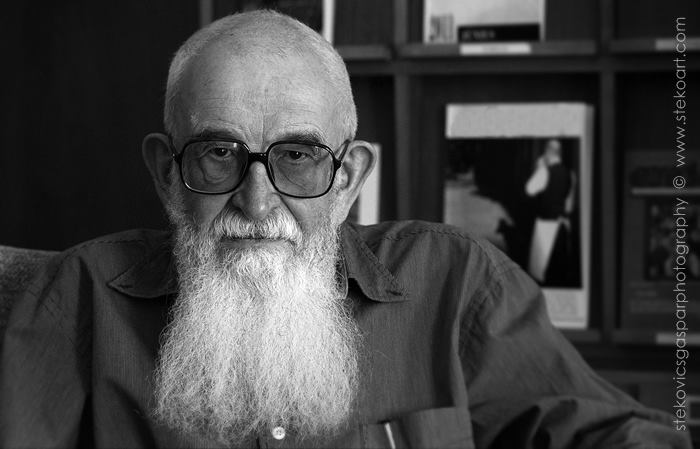
Literates and intellectuals in history

Entitled Literates and intellectuals in history, a lecture will be delivered (in Hungarian) by Géza Komoróczy, as part of our event series entitled Orientalists in NSZL. The lecture will start at 5 p.m. on Wednesday March 8, 2017.
Everyone is familiar with the ordinary meaning of the word ‘literate’ but who is referred to as an ‘intellectual’? What does intelligentsia mean? Intelligentsia is a word of Latin–Russian (!) origin, which means ‘(high) intellectual ability’ in Hungarian, but in other languages it means a rather specific social stratum and occupational group. Sociology refers to intelligentsia in a broader sense of the word, meaning people who deal with intellectual work, either as employees of an organization or a body, or are freelancers in some field or another. Special intellectual qualities include research (problem recognition and problem solving), creation of original works, and critical reflection (to human existence or the state of society). In the Ancient Near East, in Mesopotamia the intellectual activities of scribes and priests, exorcists and sign-interpreters, minstrels and star scientists, poets and commentators could be studied from original (cuneiform) sources since the beginning of documentation and literacy, for some three and a half millenaries. No doubt, they were all intellectuals in the modern sense of the word.
Géza Komoróczy’s lecture will present this rich material via analyses and examples, with an outlook on the survival of the tradition in the Greco-Roman, Jewish and Arab world. A content study of the works of Babylonian scholars offers an opportunity for intellectual self-reflection as well.
If you wish to prepare for the lecture, we recommend you to read Komoróczy’s book entitled Closing of Mind in the National Tradition: The Responsibility of Intellectuals in the Ancient Near East. Studies and Essays.
Talking partner: Dr. László Tüske, Director-General of NSZL
Venue: National Széchényi Library, Ceremonial Hall on Floor 6
Date: March 8, 2017
The first event of our series entitled Orientalists in NSZL featured presentations of books on the Islamic State and the idea historical as well as geopolitical aspects of Islamism.



